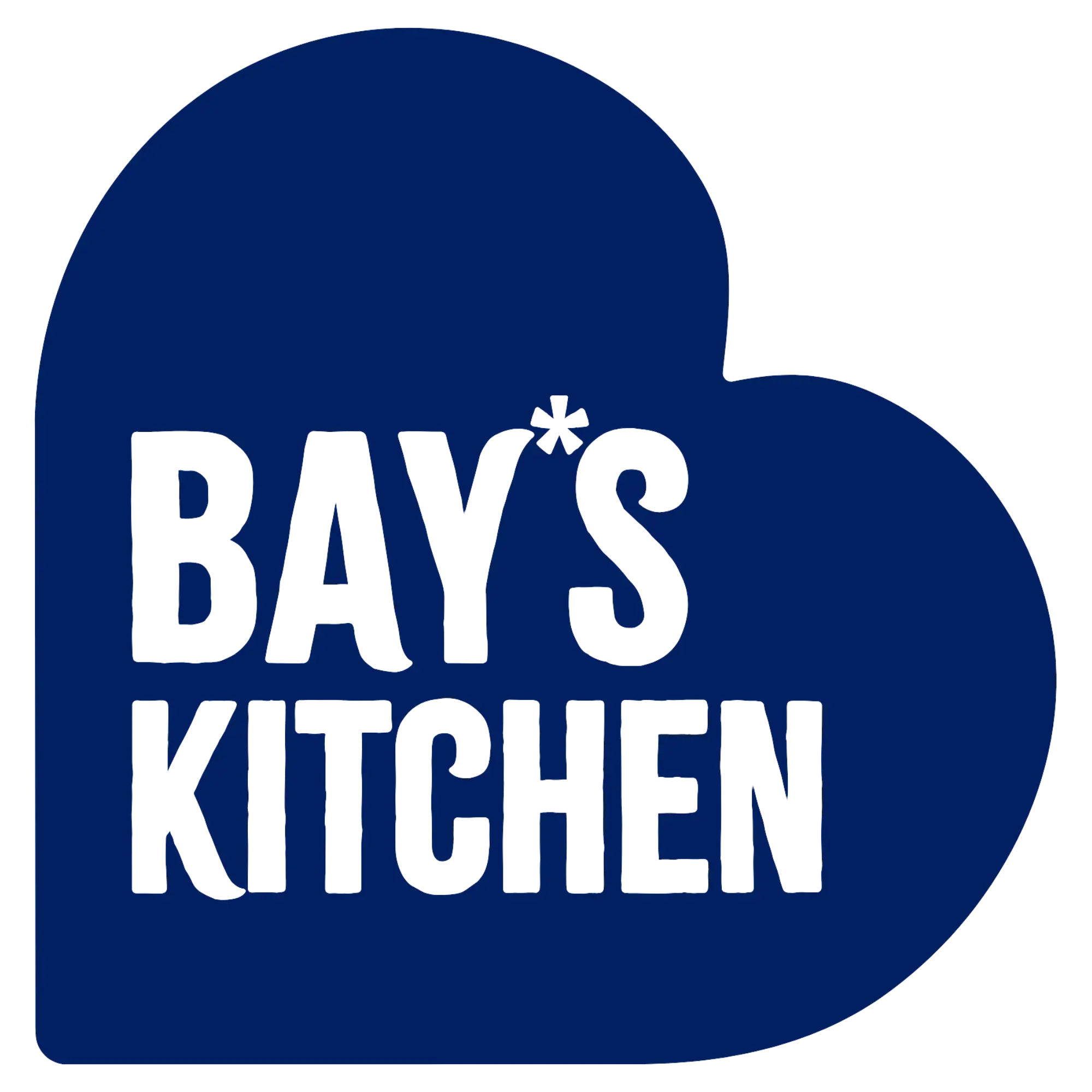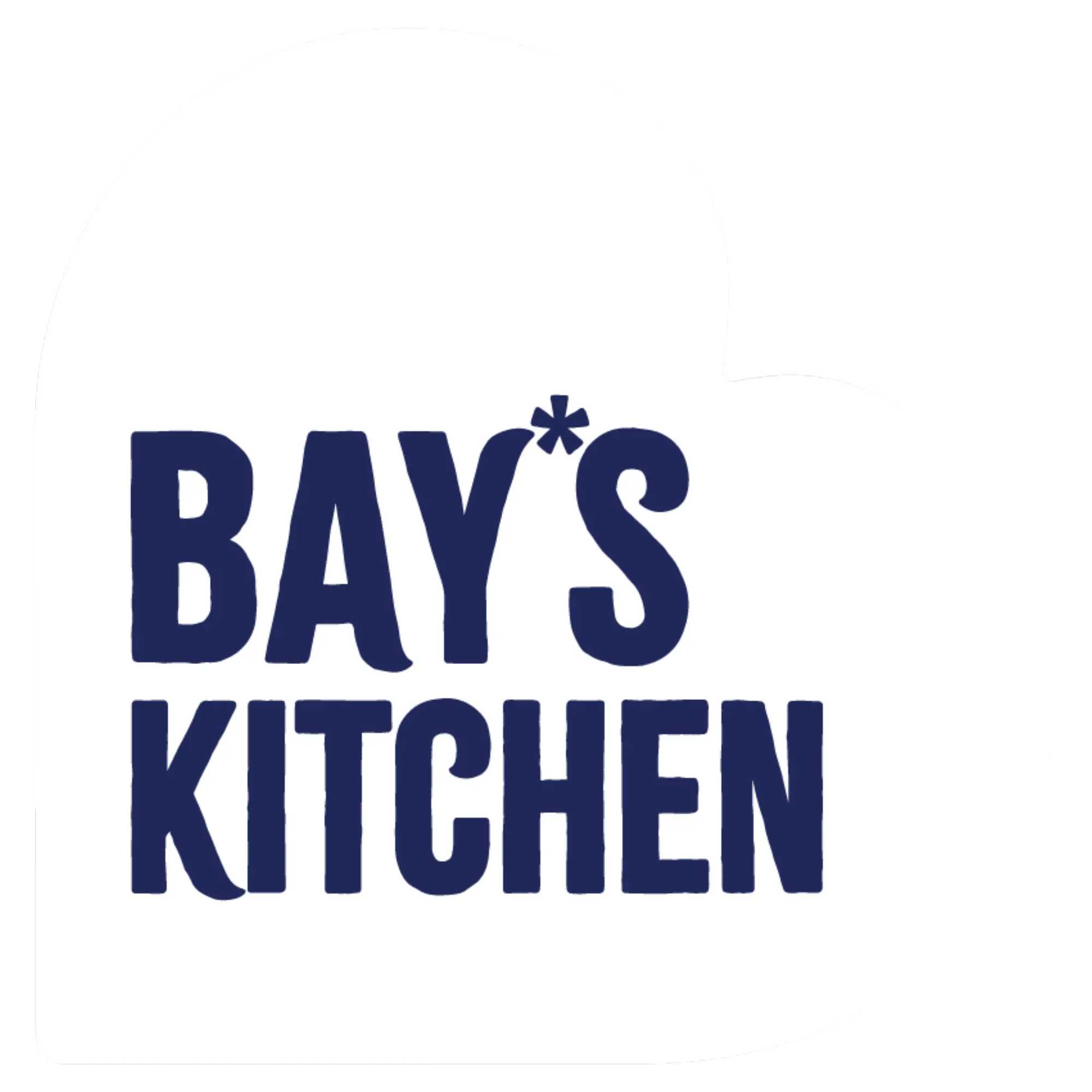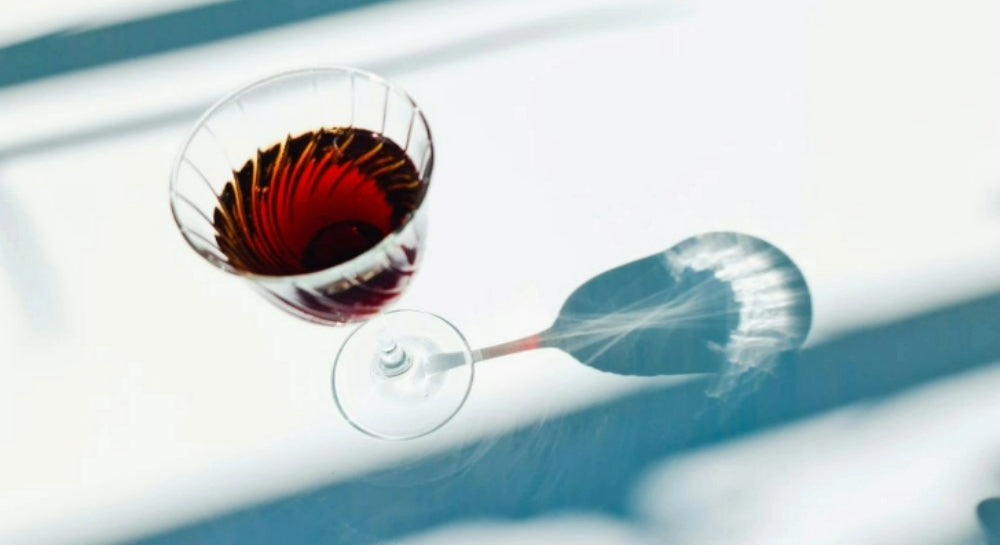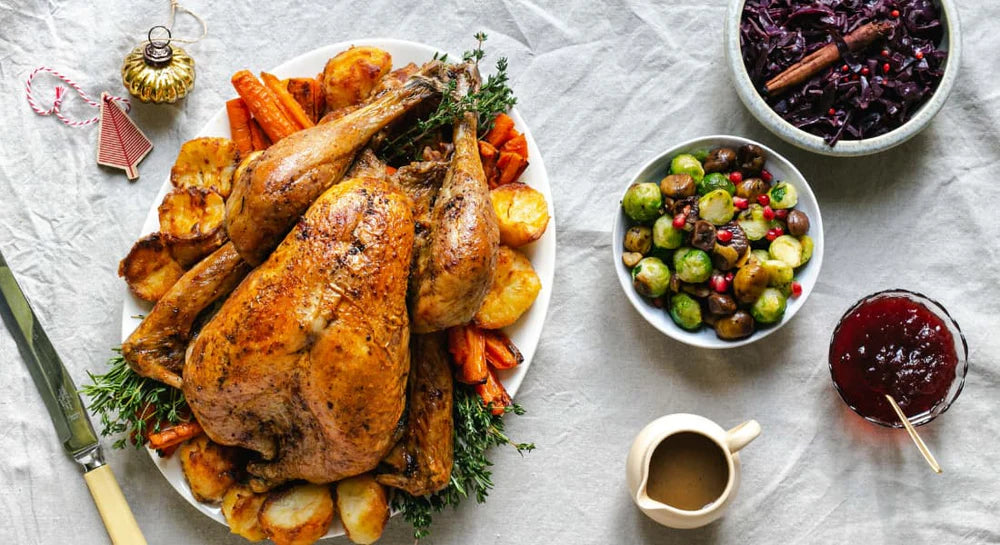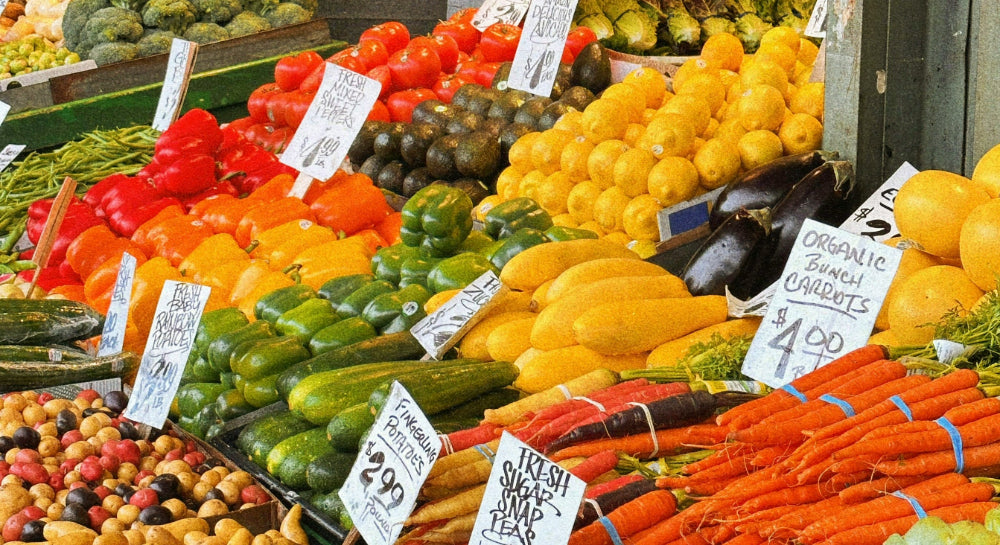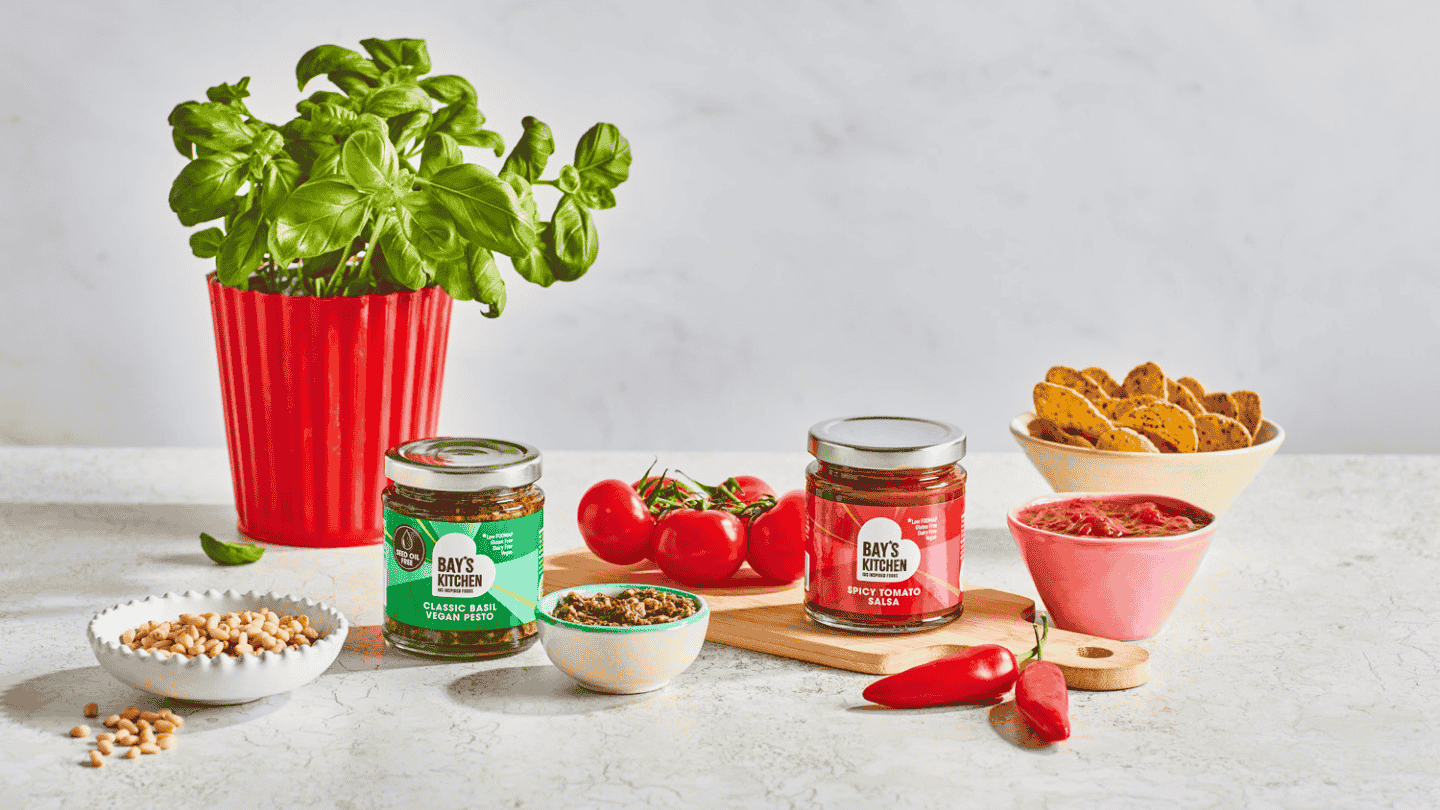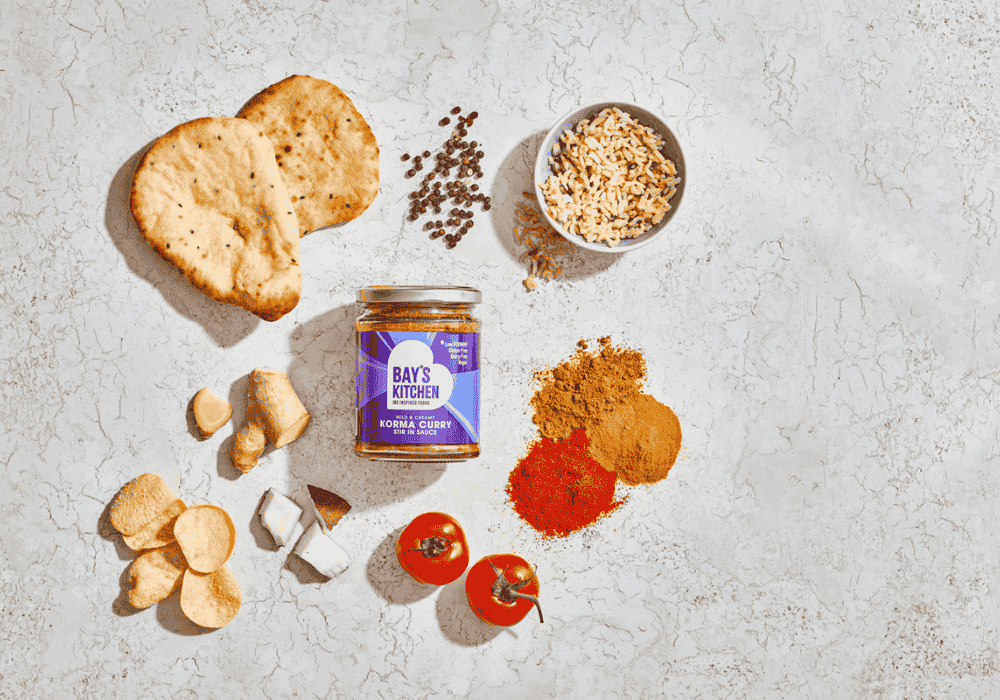Whether the holiday season is approaching or you just fancy a night out with friends, ideally we’d all like to enjoy a drink without compromising our social lives or well-being.
But living with IBS can be challenging. With an estimated 1 in 5 people affected across the globe, it's essential to understand how your lifestyle choices can impact your symptoms.
One question that you may have at the start of your low FODMAP journey is the role that alcohol plays in IBS flare-ups. You may be wondering if going tee-total is necessary, or if you can still enjoy your favourite tipple guilt-free.
In this article, we’ll explore the connection between alcohol and IBS, empowering you to make more informed decisions so that you can better manage your symptoms.
Can You Drink Alcohol With IBS?
At present, there have been no randomised controlled trials (the gold standard of evidence-based research) completed on alcohol consumption and IBS symptoms, therefore it’s impossible to draw any definitive conclusions.
However, despite many alcoholic beverages being low in FODMAPs, observational studies have indicated that around a third of people with IBS report experiencing symptoms after drinking alcohol.
Various clinical guidelines discuss alcohol in their recommendations regarding the management of IBS, including the British Society of Gastroenterology and the British Dietetic Association. So although more research is needed, moderate alcohol consumption is generally advised to help prevent symptoms from worsening.
According to NHS guidelines, low-risk levels of alcohol intake include:
- No more than 14 units of alcohol a week, spread across 3 days or more.
- That's around 6 medium (175ml) glasses of wine, or 6 pints of 4% beer.
The Link Between IBS and Alcohol
FODMAPs are a group of carbohydrates that can be challenging for some people to digest, often worsening symptoms of IBS (learn more about FODMAPs here). While various factors can trigger IBS, alcohol is one element that may upset the digestive system and cause discomfort.
Alcohol affects the gastrointestinal tract in several ways, but its potential to interfere with the body's ability to absorb and process carbohydrates, including FODMAPs, can be particularly problematic for those with IBS. As noted by Monash University:
Alcohol has a direct effect on the gut and can be a gut irritant; it can affect intestinal motility, permeability and intestinal absorption.
This means that if you drink a lot of alcohol - regardless of whether you have IBS - it can cause loose stools or even diarrhoea. It is therefore only likely to worsen the symptoms in people who have diarrhoea-dominant IBS.
However, do bear in mind that individual experiences may vary. It’s always important to monitor your own responses and work with your dietitian, as you may find that alcohol affects you more or less than expected.
Low FODMAP & High FODMAP Alcoholic Drinks
If you can still enjoy alcohol in moderation, are there any drinks which are better than others?
Whilst you might be familiar with a low FODMAP diet, what you may not know is that alcoholic drinks can also be categorised as low or high in FODMAPs.
According to the Monash app, low FODMAP options include:
Low-FODMAP Alcoholic Drinks
- Beer (bear in mind that gluten and carbonation may cause issues for some people)
- Red or white wine (be aware of the sugar content, as this may pose a problem)
- Whisky
- Vodka
- Gin
- Brandy
When mixing drinks, it's also advisable to choose low-FODMAP mixers like tomato or cranberry juice - without high fructose corn syrup. You may also want to avoid high-FODMAP mixers like fruit juices, which could potentially exacerbate IBS symptoms further.
High-FODMAP Alcoholic Drinks to Avoid
- Cider
- Rum
- Sherry
- Port
- Dessert wine
Remember that individual tolerance to these drinks may vary, so before writing anything off completely, it's a good idea to monitor your symptoms in the reintroduction phase of the low FODMAP diet.
7 Tips for Drinking Alcohol With IBS
Achieving balance is key when it comes to consuming alcohol with IBS. By practising moderation and making informed choices, you may find that you can still enjoy some of your favourite drinks responsibly while managing your digestive health.
Here are some practical tips to help you strike the right balance:
- Stay hydrated: Drink water while consuming alcohol to help dilute it and reduce irritation.
- Eat before drinking: Having food in your stomach can help protect it from irritation. Just make sure to choose foods that don't trigger your IBS symptoms.
- Pace yourself: Drink slowly, allowing your digestive system time to process the alcohol.
- Choose low FODMAP options: Opt for low-FODMAP alcoholic drinks and avoid high-FODMAP ones where possible.
- Moderate consumption: Stick to recommended guidelines of one or two drinks per day with at least two alcohol-free days each week.
- Opt for low or no alcoholic beverages: Consider choosing drinks with lower alcohol content or non-alcoholic alternatives, such as Nosecco, non-alcoholic wine or beer, which are becoming increasingly popular and widely available options.
- Listen to your body: If you notice alcohol worsens your IBS symptoms, then you may reach the decision that it’s best to abstain from alcohol altogether.
Identifying Triggers
Understanding your individual triggers plays a crucial role in managing IBS, as alcohol can affect some people more than others. A holistic approach that includes lifestyle adjustments, such as exercise and sleep, can complement alcohol moderation in promoting better digestive health.
To identify your personal triggers, pay close attention to your body's reactions and make informed choices based on your observations.
You can do this by keeping a food diary, together with your dietitian.
Bay's Kitchen Food & Symptom Diary is an invaluable tool in your IBS journey for recording alcohol consumption, meals, and other lifestyle factors. This will help you determine which foods and drinks exacerbate your symptoms.
By logging this data, you'll gain valuable insights into potential triggers and uncover patterns you may not have noticed otherwise. This will ultimately enable you to track your progress and make more informed choices, leading to more effective management of your IBS symptoms.
Important tip: Alcohol is often consumed in social settings, and typically with food. So make sure to log your stress levels as well as what you eat - aggravated symptoms may not entirely be due to alcohol, despite looking that way at first glance.
Wrapping Up
In conclusion, living with IBS doesn't have to mean sacrificing your social life. By staying mindful of your personal triggers and monitoring the effects of alcohol on your body, you may still be able to enjoy alcohol while managing your symptoms effectively.
Remember to use tools like Bay's Kitchen Food & Symptom Diary to track your progress, and make sure to consult your GP before undergoing any major dietary changes.
